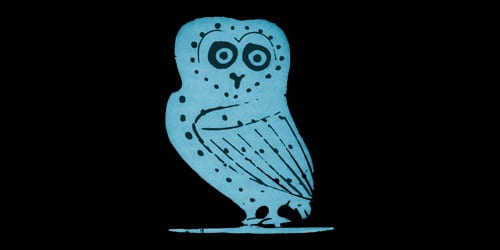The new issue of the Journal of the History of Ideas (January 2021, 82.1) is now live on Project MUSE.
Over the coming weeks, we will publish short interviews with some of the authors featured in this issue about the historical and historiographical context of their respective essays. Look out for these conversations under the new rubric Broadly Speaking.
NB: Elisabeth Åsbrink’s article and the Books Received section are freely available without a Project MUSE subscription.
* * *
Seth Kimmel, “Early Modern Iberia, Indexed: Early Modern Iberia, Indexed: Hernando Colón’s Cosmography” (pp. 1–28)
Jeffrey Dymond, “Human Character and the Formation of the State: Reconsidering Machiavelli and Polybius 6” (pp. 29–50)
Alessandro Nannini, “At the Bottom of the Soul: The Psychologization of the ‘Fundus Animae’ between Leibniz and Sulzer” (pp. 51–72)
—
Fascisms and Their Afterli(v)es:
A Cluster of Essays Edited by Dagmar Herzog
Dagmar Herzog & Stefanos Geroulanos, “Fascisms and Their Afterli(v)es: An Introduction” (pp. 73–83)
Sven Reichardt, “Fascism’s Stages: Imperial Violence, Entanglement, and Processualization” (pp. 85–107)
Elissa Mailänder, “Masters of Sex? Nazism, Bigamy, and a University Professor’s Fight with Society and the State (1930–1970)” (pp. 109–131)
Elisabeth Åsbrink, “When Race Was Removed from Racism:Per Engdahl, the Networks that Saved Fascism and the Making of the Concept of Ethnopluralism” (pp. 133–151)
(No Project MUSE subscription required)
Matías Grinchpun, “Not Six Million nor Thirty Thousand: From ‘Holocaust Revisionism’ to ‘State Terrorism’ Denial in Argentina, 1945–2016” (pp. 153–174)
—
Books Received (pp. 175-178)
(No Project MUSE subscription required)
Notices (pp. 189-181)



